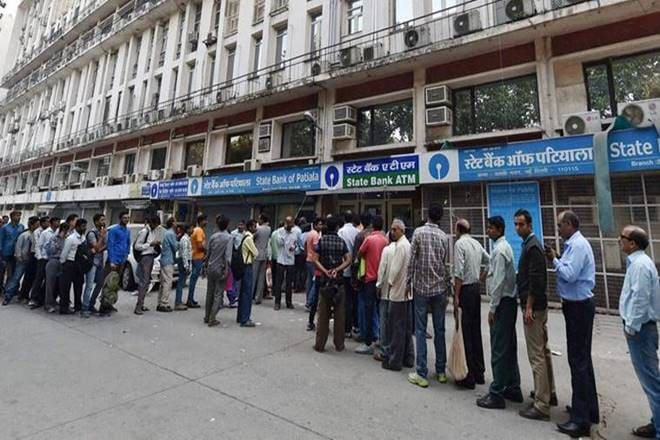-RS Bawa & Rajiv Khosla
India has observed the first anniversary of demonetisation, and both the opposition and ruling party are celebrating the moment in a manner that suits their own interests. While the opposition says demonetisation led to cash crunch and subsequent slowdown in the economy, the ruling party notes it was an ordained step to fight against corruption, counterfeit currency and black money. The claim of the opposition that demonetisation led to decelerating growth of the fast moving Indian economy in last three quarters or so is half baked, as the argument needs to be seen in longer perspective (since 2008-09), and that too in light of major macroeconomic indicators like reduction in interest rates by banks vis-a-vis level of inflation and fiscal discipline in the economy. Similarly, the government’s perspective that its benefits will be visible in the long period appears unsympathetic as it directly or indirectly connotes ‘devil may care’ attitude for the public in the short run.
Whether the potential long-term benefits from demonetisation override the short-term anguish or is it the other way round, only the time will tell, but demonetisation certainly has cast a black spell for the common man in the short run. Debates will continue, but demonetisation has some good lessons for policy-makers, and management students. One, formulation of new rules and regulations by the government may diverge from the expected objectives. At times, the difference is so severe that it renders the policy a failure. Henceforth, experts might dwell upon detailed reviews to minimise the chances of unplanned outcomes. The key personnel to carry out a 360-degree analysis and comment upon probable upshots are the experienced policy advisers. However, reports state that demonetisation action plan was made in a water tight compartment without even involving key ministers and bureaucrats. Had experts like Raghuram Rajan, economic advisers and other professionals were consulted, they might have stopped the PM from taking this decision or had completed sufficient groundwork that could have stopped the loss of human lives.
Two, elementary economic fundamentals need to be kept in mind while making key decisions. In an economy where only 10% of the workforce is in the formal sector, an ouster of 86% cash from circulation can be catastrophic. The informal labour works under worst conditions, without any job security or protection, and at low wages paid on a daily basis. Arrest of high valued currency means low purchasing power of the people resulting into low demand, lesser business activities, non-employment of daily wagers, besides wastage of man-hours standing in serpentine queues to meet cash requirements. All this melancholy was meted out to wage a war against 6% undeclared wealth as the rest of the black money is kept in the form of benami assets, i.e. jewellery, real estate and stocks, etc. It is difficult to understand how such figures went unnoticed.
In the absence of checking mechanism, all policies may not knock bull’s eye. For any policy decision to be effective, it is essential to listen to non-conforming and dissenting views of the opposition. But the government brutally dismantled the voice of opposition. The point is that without properly laid objectives, it becomes impossible to evaluate if a policy has rendered desired results or not. In the case of demonetisation, when the government realised that the policy is back-firing, basic objectives—i.e. weeding out corruption, fake currency and black money—got replaced by cashless and digitised economy. This predicament put analysts in dilemma regarding the bases on which the success of a policy is to be evaluated, i.e. an exercise to wean the country of black money or as a promoter of digitised economy. To arrive at positive results on the basis of the latter may become further difficult as cash transactions are again dominating digital transactions.
One-size-does-not-fit-all appears to have remained elusive while announcing demonetisation. Again, while the debate on demonetisation will continue for a long time, one thing is clear that consequences can be catastrophic when the basics of policy-making are forgotten, or not kept in mind.
RS Bawa is vice-chancellor, Chandigarh University. Rajiv Khosla is head, University School of Business, Chandigarh University. Views are personal
